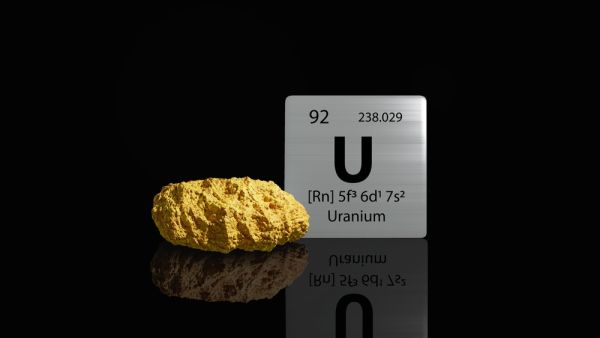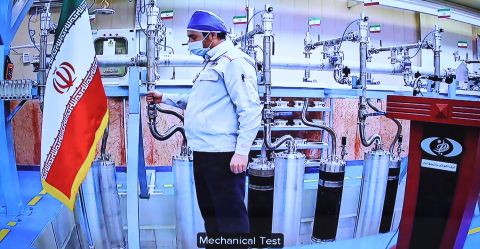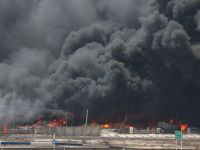ALBAWABA - Britain has announced its intention to become the first European country to manufacture advanced uranium fuel, a product currently dominated by Russia. The UK government unveiled a £300 million ($382 million) investment plan to establish a high-assay low-enriched uranium (HALEU) program, aimed at reducing dependence on Moscow in global energy markets.
Energy Secretary Claire Coutinho emphasized the importance of this initiative for energy security, stating, "We stood up to (Vladimir) Putin on oil and gas and financial markets. We won’t let him hold us to ransom on nuclear fuel." The HALEU fuel is crucial for powering the next generation of advanced nuclear reactors, including small modular versions planned for use in the UK.
The HALEU fuel differs from conventional nuclear fuel, with a uranium-235 content ranging from five to twenty percent, surpassing the typical five percent level used in most existing nuclear plants. While HALEU production has commenced in the United States, commercial-scale manufacturing is currently exclusive to a Russian facility, as reported by the International Atomic Energy Agency.
This strategic British investment is part of a broader plan to generate up to 24 gigawatts of electricity from nuclear power by 2050, representing a quarter of the United Kingdom's electricity needs. The first HALEU plant is slated for construction in northwest England, with operational status anticipated by the 2030s. The UK aims to source 95 percent of its electricity from low-carbon options by 2030 and achieve full grid decarbonization by 2035.
The announcement comes amid efforts to address environmental concerns, including Prime Minister Rishi Sunak's decision to delay the ban on the sale of petrol and diesel cars until 2035. Critics argue that this adjustment may pose challenges in meeting the UK's target of achieving net-zero emissions by 2050.








